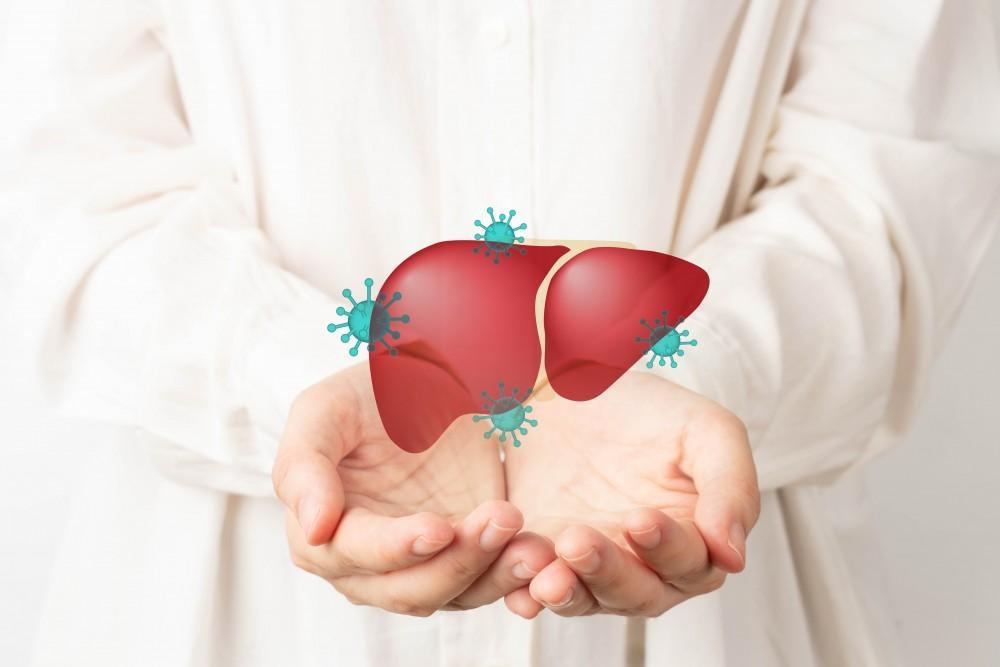
Liver elastography is transforming the process of liver health examination by the doctors. This scan is noninvasive and is used to test the stiffness of the liver. The stiffness of the liver informs us whether or not it is scarred, or fibrotic. We would like to make you understand this test at Gastrodoxs. This guide will describe its functioning, reasons why patients in Houston and the surrounding areas believe it, and words of advice by Dr. Bharat Pothuri.
Your liver does a lot of good to your body:
You may be tired or bloated in case the liver is impaired. You can also experience general unfeeling. Liver elastography is used to identify issues in time.
The accumulation of scar tissue in the liver is referred to as fibrosis. This occurs as the liver continues to attempt healing itself. Excessive scarring will result in cirrhosis.
Stages of fibrosis include F0 (no damage), F 4 (severe damage).
According to Dr. Pothuri, the scarring on the liver usually goes unnoticed. Elastography assists us in discovering it prior to its deterioration.
This test is used to test the consistency of your liver. A healthy liver is soft. A fibrosis could be observed in a stiff liver.
There are three types:
Dr. Pothuri explains:
Each method has pros and cons. We select according to your needs and available ones.
The output is provided in kilopascals (kPa).
These figures assist your physician to identify liver issues:
Your laboratory report might be somewhat different. Request your physician to provide an explanation of your outcome.
Dr. Pothuri adds:
Such values provide us with a criterion to compare future tests and make care plans.
Stage 3 implies that liver scarring is immense. It's close to cirrhosis.
Lifestyle changes and treatment can slow this stage.
Most tests last 10 to 15 minutes. Here's the breakdown:
It is possible to resume regular activity immediately after.
No. FibroScan measures stiffness only. It does not show tumors.
Dr. Pothuri says:
In case of high stiffness, we can prescribe such types of imaging as MRI or ultrasound.
| Feature | FibroScan | Shear Wave (SWE) | MR Elastography |
| Time | 10-15 minutes | 15-20 minutes | 30-45 minutes |
| Cost | Low | Medium | High |
| Chairs | Very comfortable | Comfortable | Needs MRI machine |
| Depth | 2-7 cm | 1-8 cm | Whole liver |
| Precision | Good | Very good | Excellent |
| Local Access | Widely available | In select centers | Major hospitals |
Hint: Book in the morning when your liver is not so tense.
This manual will assist you to know more about liver elastography. Call your doctor or our clinic, in case you are in Houston. Early care matters. Keep updated and forward the same to a person who may be in need.
A scan which examines the liver stiffness without biopsy.
Don't eat for 2-3 hours. Wear something comfortable.
No. It is contingent on the machine and lab.
It entails severe scarring in the liver which requires observation.
Usually 10 to 15 minutes.
No. It does not detect tumors.
In TMC, Memorial Hermann, or the partner clinic of Gastrodoxs.
No. It's a painless test.
On the advice of your doctor, once after 6-12 months.
Yes. Proper nutrition, physical activities and alcoholism can work.